Fighting Drought with Data: How Morocco's Green Generation Weaponises Agri-Tech for Water Security
)
Morocco's Green Generation 2020 – 2030 strategy marks a definitive shift towards Agriculture 4.0, heavily relying on technological adoption to achieve its dual goals of sustainable resource management and creating a resilient, competitive agricultural sector. The strategy's technology focus centres on maximising water efficiency, integrating digital tools and developing climate-resilient farming systems.
Precision Water Management and Infrastructure
Given Morocco's severe water stress, the core technological focus is on transforming water use in agriculture to achieve double the water efficiency by 2030.
- Precision Irrigation Systems: The strategy pushes for the widespread adoption and manufacturing of drip irrigation and other micro-irrigation systems. This includes the development of local manufacturing plants for precision irrigation technology to ensure accessibility and scale. The goal is to move beyond simple drip systems to more advanced smart irrigation that uses real-time data.
- Desalination for Agriculture: Morocco is pioneering the large-scale use of seawater desalination specifically for agricultural use in coastal areas. This ambitious infrastructure development aims to decouple agricultural production from the volatility of rainfall, ensuring water security for high-value crops.
- Solar Pumping for Irrigation: The plan includes significant initiatives to install over 100,000 solar pumps for irrigation. This not only reduces the carbon footprint of farming but also cuts operational costs for farmers, promoting the adoption of efficient, off-grid irrigation technologies in remote areas.
Digitalisation and Agri-Tech Integration
The strategy places digital transformation as a central element for optimising governance, improving market access and providing farmers with actionable intelligence.
- Digital Agriculture Pole (PAD): A key institutional initiative is the creation of the Pôle d'Agriculture Digitale (PAD). This centre serves as Morocco's first Agriculture 4.0 Research, Development, and Innovation hub, bringing together public institutions, private actors and academia to bridge the gap between technology developers and the agricultural industry.
- Smart Farming Tools: The government actively supports the development and deployment of Agri-Tech solutions that leverage:
- Internet of Things (IoT) Sensors: Devices that monitor soil moisture, nutrient levels, temperature and pH balance in real-time.
- Remote Sensing: Use of satellite imagery and drones to map biophysical crop parameters and monitor field health, providing farmers with predictive analysis.
- Artificial Intelligence (AI) and Big Data: Algorithms analyse historical data and real-time inputs (weather, sensors) to forecast crop yields, optimise fertilizer and pesticide application and provide digital advisory tools to farmers. Startups like AgriEdge are central to delivering these precision agriculture platforms.
- Supply Chain Digitalisation: Digital platforms like Terraa are being promoted to connect farmers directly to markets, improving traceability and market efficiency while reducing post-harvest losses.
Climate Resilience and Genetic Innovation
The technology component is also heavily focused on creating biological and agronomic systems that can withstand the effects of climate change.
- Resilient Crop Development: Research institutions, in partnership with international bodies like ICARDA, focus on genetic improvement to breed climate-smart crops, including new drought-tolerant varieties of staple crops like barley and durum wheat. The work involves collecting and conserving plant genetic resources in large-scale Genebanks.
- Conservation Agriculture (CA): Technology is key to scaling up conservation techniques across Moroccan farmland. The strategy aims to expand the adoption of Conservation Agriculture principles (like minimum tillage, crop rotation and permanent soil cover) often enabled by specialised, modern machinery and scientific solutions for sustainable land management.
This technology-driven approach ensures that Morocco's agriculture is not only productive but also ecologically efficient, positioning the country as a leader in African Agri-Tech innovation.
Discover new opportunities in this burgeoning sector by visiting WAM Morocco from 20 – 22 January, 2026 at Foire Internationale De Casablanca.


